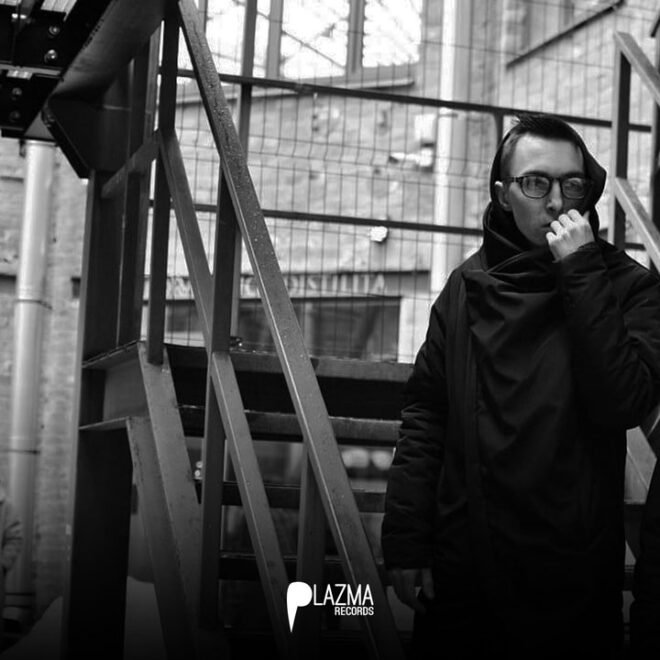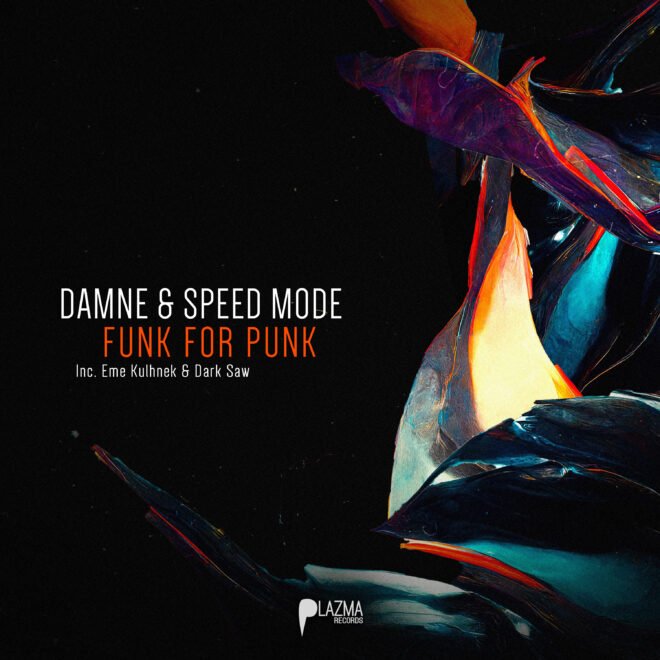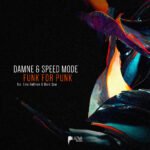Growing up surrounded by the clang of industrial machinery, Oleg Gordeev, aka Speed Mode, discovered his musical inspiration in the gritty landscapes of his upbringing. His Techno journey began at the youthful age of 17, sparking a passion that would shape his peculiar sound.
Speed Mode’s music is a blend of industrial ruggedness and forward-looking vision. With a background rooted in the heart of industry, his tracks carry a raw, visceral edge that sets his Techno productions apart. His love for video games and futuristic visuals also finds a home in his music, giving it a cutting-edge, avant-garde feel.
But Speed Mode doesn’t always walk this path alone. He’s all about collaboration, often teaming up with fellow artists to bring innovative ideas to life. Recently, Speed Mode joined forces with Damne to release their EP, “Funk for Punk“, on Plazma Records. With a slew of exciting projects in the works, Speed Mode is determined to share his vision with the world.
Stay with us to further explore his inspirations, aspirations, advice for budding artists, insights on the Techno industry’s evolution, and how external events shape his journey.
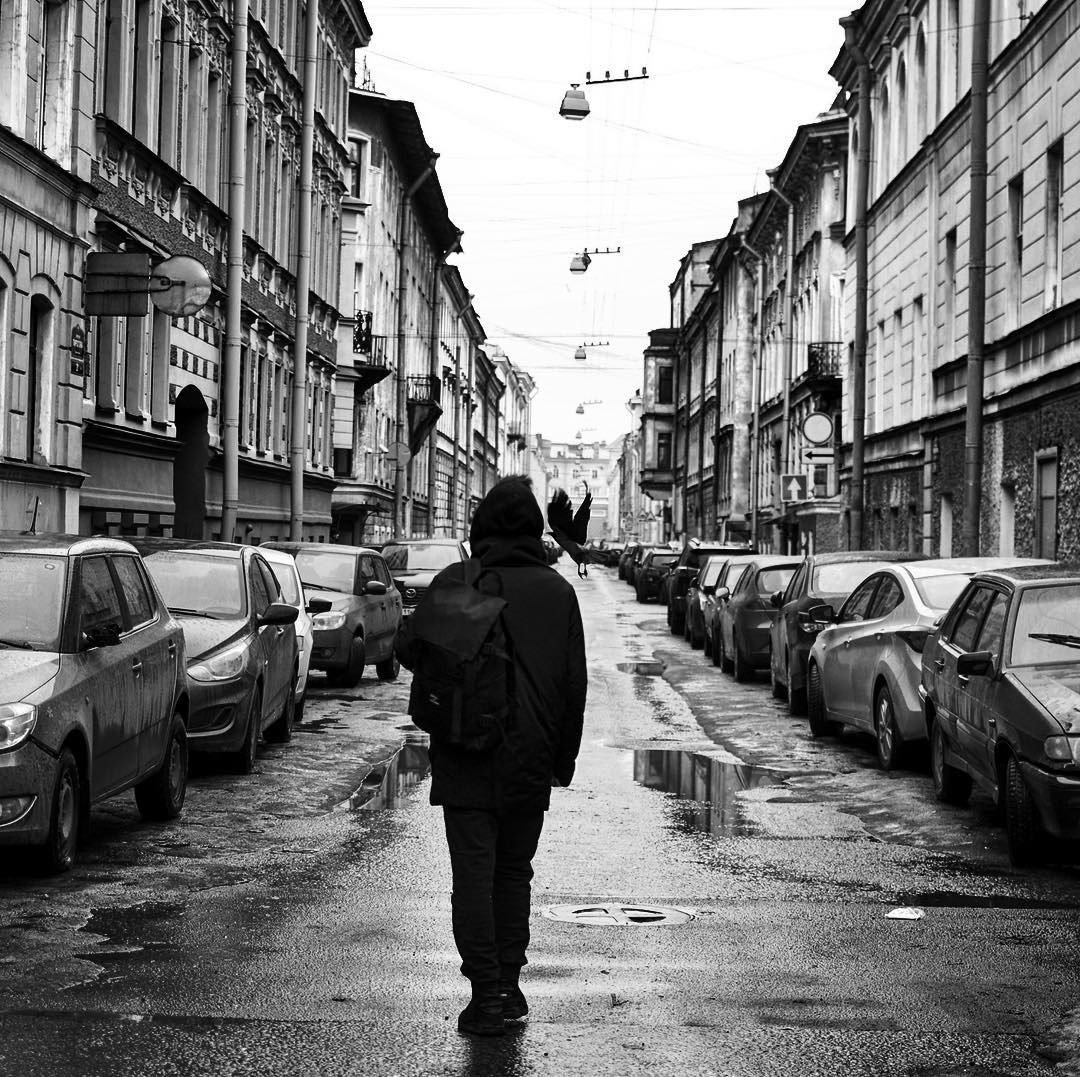
Firstly, what is your full name, age, and where are you from?
My name is Oleg Gordeev, and I’m 25 years old. I was born in the Far East.
Can you explain the origin and significance of your alias Speed Mode?
My alias, “Speed Mode,” was conceived in 2015 through a collaborative effort among three friends who shared a deep passion for science fiction and space-themed video games. We were fascinated by the possibilities of the future, which inspired us to create this name.
Although only one person (myself) remains involved in the project today, the core philosophy and inspiration behind “Speed Mode” remain unchanged.
What were your childhood aspirations?
When I was a child, I had a dream of becoming a professional soccer player. I played for a pro team and even attended a sports school. However, it didn’t materialize into anything substantial.
Is music your sole occupation, or do you have another profession or career that you pursue in tandem? Additionally, how do you like to relax and spend your leisure time when you’re not occupied with work?
Music is not my primary hobby. I also enjoy playing video games and working on video processing as part of my interests and relaxation outside of work commitments.
Can you identify any significant influences or individuals who played a role in shaping your current path?
Our journey began with a company we had, and it was during this time that I learned about Maksim Dark, who lived in a neighboring city. When I first listened to his music, I was profoundly inspired and influenced by his work.

Could you share your music production journey and what initially led you to pursue Techno?
In the inception of the project, the fundamental philosophy was centered around Techno as a means to convey a narrative about the future. This narrative is woven into the track titles and the voices within the composition.
As a Russian artist, how has your cultural background left its mark on your music, encompassing both its sound and thematic elements?
During my teenage years, I resided in Chelyabinsk, a city deeply rooted in hip-hop culture. However, electronic music also held a significant place in the local scene. Chelyabinsk’s environment, marked by its industrial landscape, played a unique role in shaping my music, almost like a form of musical salvation amid the gritty backdrop.
Do you integrate storytelling into your production? If so, are there particular narratives or themes you enjoy exploring?
The inspiration for the narrative comes from your artistic state, and the track is essentially an artistic live performance. I see it as a painting that illustrates the narrative of the tracks, an endless cycle from the inner to the outer.
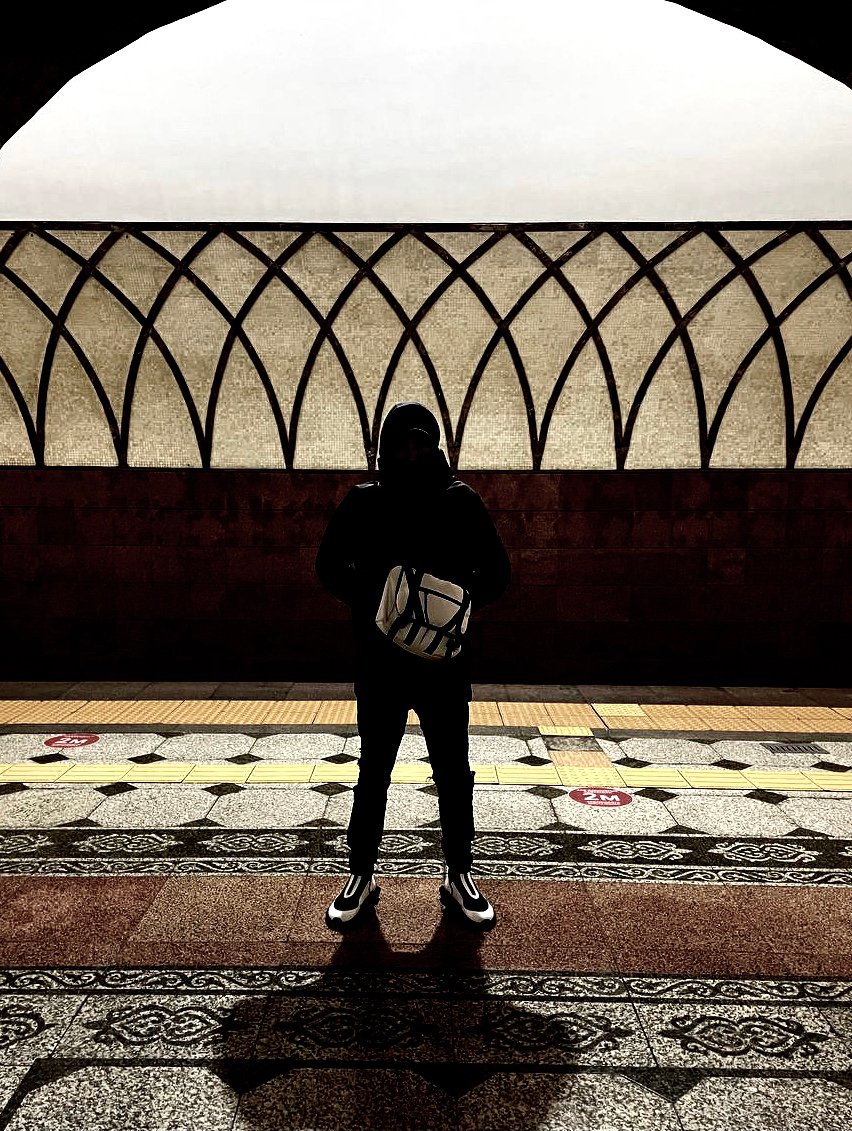
The ongoing situation between Russia and Ukraine has undoubtedly affected people on both sides. Can you share your thoughts on how such external events might influence your creative process and your music?
This situation is causing significant disruptions to long-standing connections between people. The imposition of sanctions also affects musicians and young producers. All services are blocked, and we have to use VPNs to access social networks. Feeling concerned about my future, I made the decision to emigrate a year ago. I express my stance through my music.
Has this geopolitical conflict presented any challenges or opened up new opportunities for you in terms of collaborating with artists and reaching audiences from different regions?
Many people understand the situation we’re in and what’s happening around us. At the beginning, yes, it was evident that everyone was on edge, and in the techno community, there were posts and so on. This gradually transitions into apologies with family and loved ones, friends and acquaintances. It has a significant impact on people.
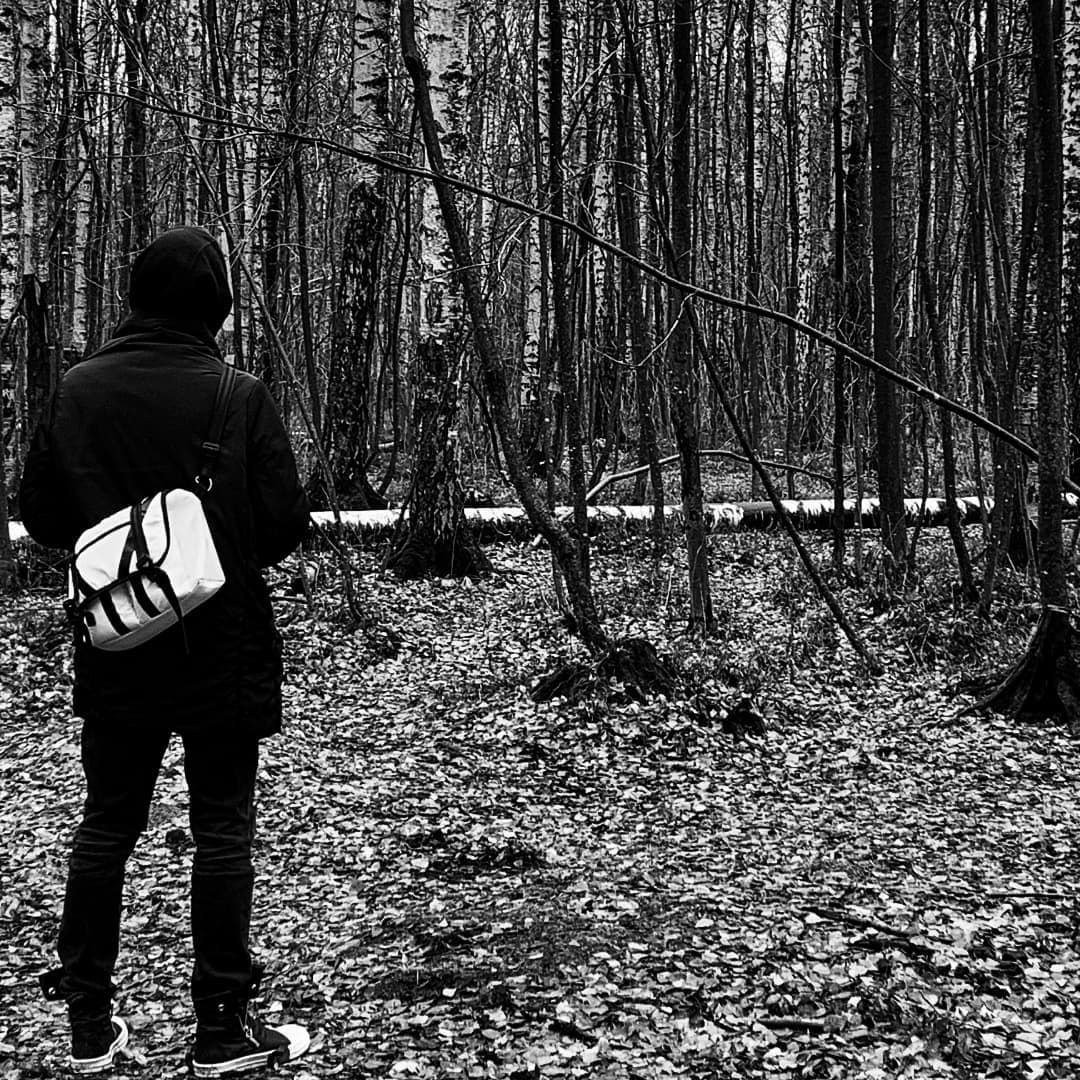
Can you tell us about your DJ debut? Where did it happen and how did it unfold?
My first performance happened in Russia, in the city of St. Petersburg.
What is your standard or preferred technical setup for your performances?
PC x Machine x Mixer.
What’s your usual pre-gig preparation like, and how much room do you allow for improvisation in your sets?
Stepping away from the event and people, playing with Machine keeps you in constant motion. You’re always adding ingredients to the mix.
In your opinion, what are some key elements that contribute to making a DJ set memorable and leaving a lasting impact on the audience?
Vocals provide a significant vibe, mixing them with high-speed elements is always interesting.
What advice would you offer to aspiring music producers and DJs, especially those keen on exploring the Techno genre? Are there any crucial lessons or insights you’ve gained from your own experiences?
Use high-quality samples. Kick and bass are the foundation. Max for Live is a valuable tool. Micro-elements matter in Techno. Breaks and transitions are all about that. Utilize reference tracks and video tutorials.
Don’t spend too much time on mastering in the early stages; aim to have a solid mix from the start. Try to breathe life into your track over time, with 2-4-6 hours of groove and mixing. After that, focus on fine-tuning and mastering.
What is the most significant sacrifice you’ve had to make or continue to make in pursuing your passion for music?
I try to work less at a regular job and allocate more time to music and its development.
What is one track that never gets old for you no matter how many times you heard it?
Ron Trent – YNF
The digital era has significantly altered the way music is consumed and shared. How do you navigate the challenges and opportunities presented by streaming platforms, social media, and online communities to connect with your audience and maintain a meaningful presence?
Create, love, and strive to generate a buzz around yourself. We are social beings, so communication and connections are the foundation of everything. This has introduced me to many fascinating and influential individuals.
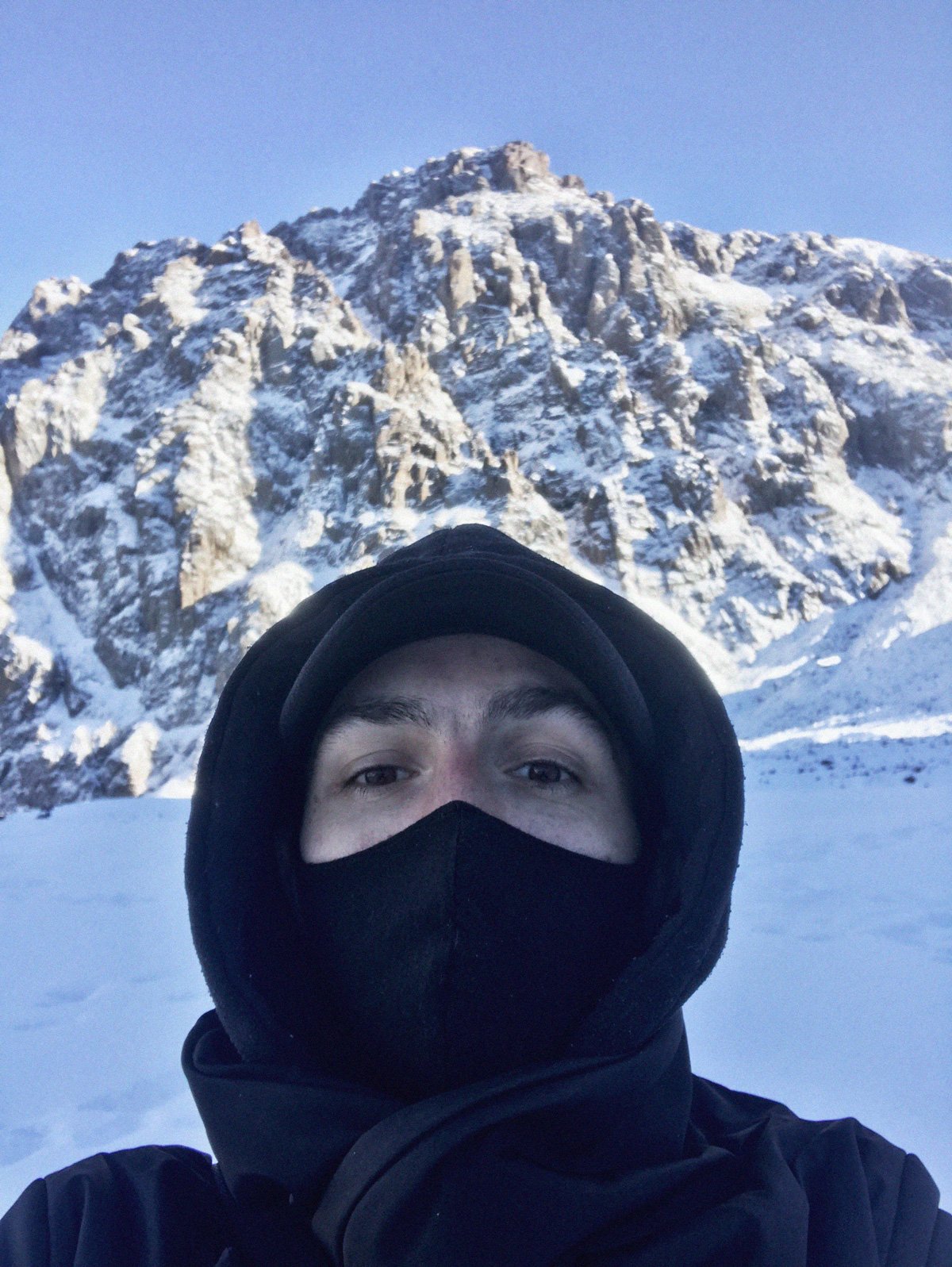
The techno industry has experienced significant growth and changes over the years. From your perspective, how has the industry evolved, and what are some positive or negative aspects you’ve observed throughout your journey as an artist?
I see only positive trends. More people are getting into techno, some staying and contributing to the community. There has been a proliferation of labels in the raw/hypnotic genre in the past two years.
Right now, Techno is more prevalent than ever. Just look at who’s performing at festivals; it’s almost all techno artists. This extends to fashion and technology, with new individuals entering the scene and new sub-genres emerging.
Collaborating on a release is a unique creative endeavor. Could you share some insights into the inspiration behind your joint EP “Funk for Punk” for Plazma Records? Additionally, what was the collaborative process like between you two as you worked together to bring this project to life?
With Damne, we share our projects and ideas to understand the direction we want the mix and the overall release concept to take. We consult and decide together which elements to keep or remove, and this compromise often leads to an interesting mix idea. When working on an EP, we try not to set long deadlines and aim to capture the emotions while they’re fresh. This approach has resulted in many works with great ideas, including “Tragedy,” “Rock Is,” and “Funk For Punk.”
How do you envision your personal sound evolving and advancing in the future? Furthermore, what are your aspirations and goals as a music producer and DJ, as you look ahead?
Lately, I’ve been focusing on an EP with a more extended release, one that has a well-thought-out narrative. I’m dedicating more time to mixing than ever before, even when I’m away from my home studio, which requires me to explore new approaches. My objective is to push the boundaries of my sound and storytelling in my music.
Do you have any upcoming projects or collaborations that you’re excited about and would like to share with your fans and the audience?
Yes, there’s something exciting on the horizon. I have an upcoming release with some fantastic musicians, Locate (FR) and Jiho (JP).

